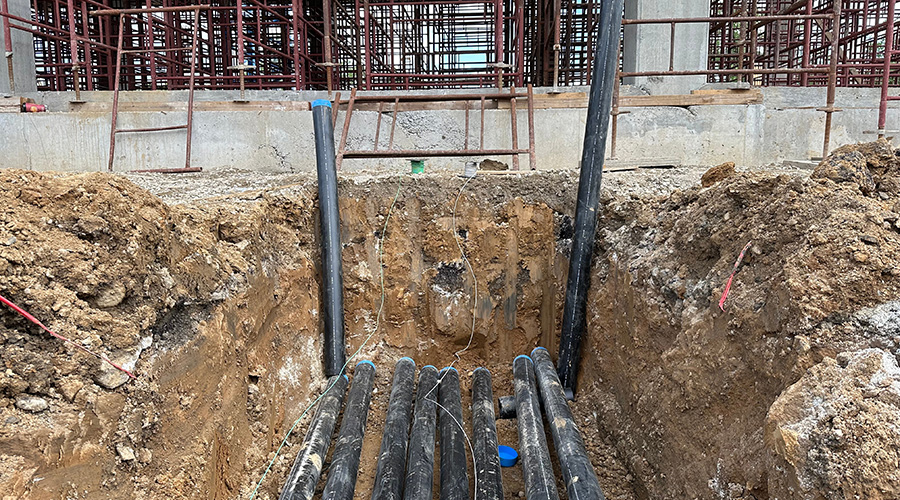Boiler Inspections: Behind the Scenes with the Only Female Chief Inspector
Virginia state inspector gives guidance to facility managers about what they can expect during the process
By Dave Lubach, Executive Editor
Boilers are an essential (and costly) piece of equipment for maintenance and engineering managers to work with, whether they are considering upgrades to replace or repair components.
Boilers are also subject to codes established by state and federal standards to ensure they are working properly and not environmental risks.
The American Boiler Manufacturer Association (ABMA) recently held its national conference, Boiler 2024, in Denver, Colorado. One of the presenters at the show was Virginia’s Kimberly Adkins, a National Board of Boiler and Pressure Vessel Inspectors member and the only woman chief boiler inspector in the United States.
Adkins, who appeared on a Women in Boiler Industry panel during the show, talked with facilitiesnet.com about boiler inspections and what facility managers should know about the process.
FacilitiesNet: What does a boiler inspection entail?
Adkins: An inspection entails making sure the integrity of the boiler or pressure vessel is good. Making sure the safety devices are in proper working order. Making sure any gauges are in proper working order. There’re two types of inspections: an internal and an external. Both inspections look at the integrity of the vessel itself and the external is where if we have the opportunity, if the boiler’s running, we would have the maintenance person check the lower cutoff, make sure they know how to do certain tasks. We recommend training or showing (technicians) how to do tasks and report any noncompliance and code. It all centers around code and safety.
FN: Are there state-to-state standards surrounding inspections?
Adkins: Every state sets its own frequencies. The National Board Inspection Code has the recommendations, and that’s the guidelines we all use, but it’s up to the states to choose that frequency, so every state can be different.
FN: Do inspectors also take on the role of training technicians as well?
Adkins: I (previously) worked for an insurance company, and most of the inspectors out there are insurance inspectors, so from that perspective, we’re taught to work with the client, and teach them, because everyone wins. And the inspectors must wear the hat they’re enforcing the state code and national board code, but we want everyone to know what they should be doing and how they should be doing it. Most inspectors, if they have the time to take, they’ll answer questions or take time to go over stuff.
FN: What happens when you have finished an inspection?
Adkins: That depends on whatever state, but there is a timeframe. We give 30 days to correct a nonconformance. We want the inspector who wrote the nonconformance to make sure it’s corrected. Thirty days is a typical timeframe.
FN: What are some of the common aspects of an inspection that stand out?
Adkins: I think every inspector develops their own way that they kind of test. I ask questions I already know the answer to, and I want to see how they answer it. There are certain things that you do that, if they perform a test, the results kind of tell you. You can say you’ve been doing this, but what I just saw tells me the real story. A boiler inspector lets the boiler tell them how it’s being operated.
FN: What tips do you have for a facility manager who is preparing for a boiler inspection?
Adkins: The National Board Inspection Code lays out the steps to preparing a boiler or pressure vessel properly for an inspection, and your state’s rules in regulations may lay that out also. It’s interesting to talk to companies that don’t even know the rules and regulations of the state. I encourage everyone to look them up so they can follow them themselves.
Dave Lubach is executive editor of the facilities market.
Related Topics:












